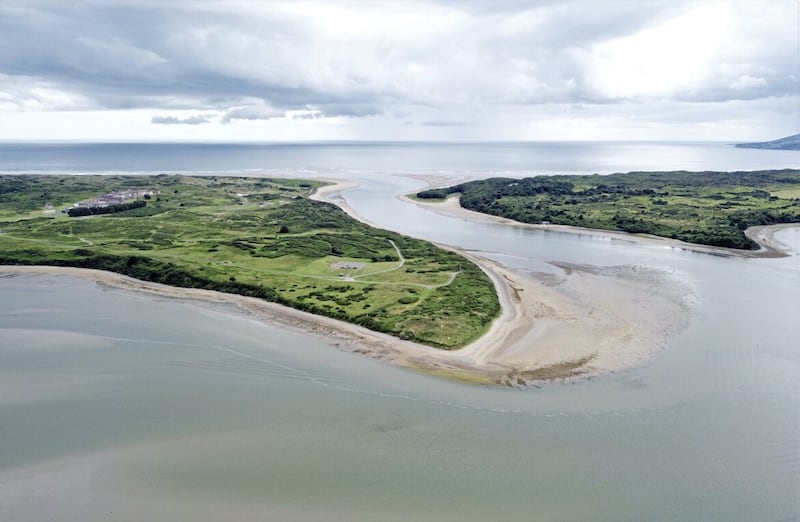Birdwatchers and others from the wildlife community frequently spend time researching in remote outdoor landscapes for long periods of time, often beginning at unearthly hours to observe and monitor their species of interest.
No doubt this is also the case for many people in all kinds of jobs. Work in the 'field' requires a lot of patience and know-how. For birdwatchers, a knowledge of habitat, bird behaviour and identification skills are all important when finding and studying wild birds.
Bird recognition improves with experience and use of a good field guide and binoculars. A telescope can also be very a useful piece of equipment in environments such as lakes or when observing birds at a distance on the sea or a wide estuary. A notebook for entering descriptions and sketches is another important item to have. These are all tools of the trade, but another important attribute is needed.
When doing an early shift recently, at a vantage point looking for raptors in upland territory, I thought of my mission, and how over the years I have become accustomed and seasoned to the solitude and challenges of such work.
Reflecting on this I was briefly transported back in time to my days at the Ulster University (Jordanstown) as a student of geography. Part of my course studies included field trips to develop key geographical skills, of mapping, surveying and data analysis often in important natural environments, fashioned by various earthly processes.
These trips took us to explore the landscapes of southern France, Northumberland, Galway and Newcastle, Co Down, the location for our first outing. There on day one our class visited Dundrum Bay to investigate sections of the complex habitat and dune system at Murlough.

As a fellow student and I, with clipboards in hand, became detached from the main group, a stiff breeze rolling in from the Irish Sea over the dunes, brought with it our angry Professor, who shouted at us to catch up, bellowing, 'You need to learn some bl**dy field trip discipline.' This sharp rebuke was our introduction to the rigours of field study.
The late Professor Bryan Langlands, who became affectionately known to his students as the 'Prof', was director of studies in the school of environmental sciences, and one of our principal lecturers in geography.
His style of teaching was unique among his peers, delivered entirely without notes and few resources, always encouraging independent thought and enquiry. Before arriving at Jordanstown, Langlands was professor and head of geography at Makerere University, Kampala, Uganda where, over two decades, he wrote many papers on aspects of geography concerning that country and the African continent.
Read more:
- Take on Nature: Beginnings and endings as my old canine friend leaves behind happy memories – and much sadness
- Stephen Colton's Take on Nature: What a wonderful world
- Take on Nature: On the Wild Atlantic Way
He had a special interest in the rapid dispersal of the tsetse fly and its transmission of disease. In 1976, along with so many others, he was expelled from the country by the notorious President Idi Amin and in 1977 he joined the Ulster University, known then as the Ulster Polytechnic.
During my years there I enjoyed his entertaining, always informative lectures about diffusion of ideas and concepts, his lively company on field trips and his wise counsel. Bryan Langlands died tragically in the British Midland air disaster at Kegworth, England in January 1989, bringing great sadness to all who knew him.
Back on the hill, after hours of observation, a male sparrowhawk appeared just yards in front of me, manoeuvring at speed towards and over a thick hedge. Seeing this master of the ambush at close quarters was well worth the wait and the necessary 'field discipline' instilled by the eccentric Professor all those years ago.








